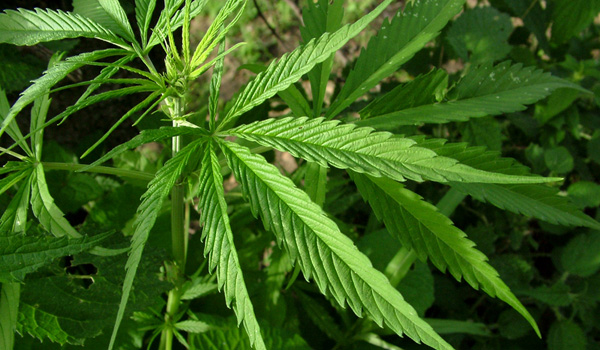Marijuana Use by Teens Isn't a 'Gateway' to Later Drug Use

Get the world’s most fascinating discoveries delivered straight to your inbox.
You are now subscribed
Your newsletter sign-up was successful
Want to add more newsletters?
Join the club
Get full access to premium articles, exclusive features and a growing list of member rewards.
Marijuana's reputation as a "gateway drug" for illicit drug use in young adulthood may be undeserved, according to a new study.
Sociologists at the University of New Hampshire found that the risk of illicit drug use as a young adult has more to do with factors such as employment status and stress, than with whether a person used marijuana as a teenager.
In fact, people who had smoked pot as teens were not more or less likely to use illicit drugs in their 20s than their non-pot-smoking counterparts, according to the researchers.
"Employment, like many of the social roles that come with emerging adulthood, [is] incompatible with risky behaviors like drug use and abuse," said study researcher Karen Van Gundy, an associate professor of sociology at the University of New Hampshire. "Compared to unemployed young adults, those who are employed may feel that they have more to lose by engaging in such behaviors."
Van Gundy and fellow professor Cesar Rebellon used survey information from 1,286 young adults who attended Miami-Dade public schools in the 1990s. They found that the students who did not graduate high school, go to college or get a job post-high school were more likely to have used marijuana as a teen and to have used illicit drugs in young adulthood.
Although marijuana use could have a gateway effect in adolescence, that effect seems to wear off by age 21, according to the researchers.
Still, about 7 percent of eighth-graders, 16 percent of 10th-graders and 21 percent of 12th-graders, having used marijuana in the past month, according to 2009 figures from the National Institute on Drug Abuse, but those numbers could be lowered with more effective parenting strategies, the researchers say.
Get the world’s most fascinating discoveries delivered straight to your inbox.
"My take would be to not obsess of the gateway as being the do-all end-all and, instead, to pay at least equal attention to things like setting clear rules, knowing where kids are, knowing who they are hanging out with, forming a strong bond with them earlier in life, and addressing other such factors that research has linked much more strongly to a range of deleterious outcomes, of which drug use is but one," Rebellon said.
The study was published in the September issue of the Journal of Health and Social Behavior.
 Live Science Plus
Live Science Plus











